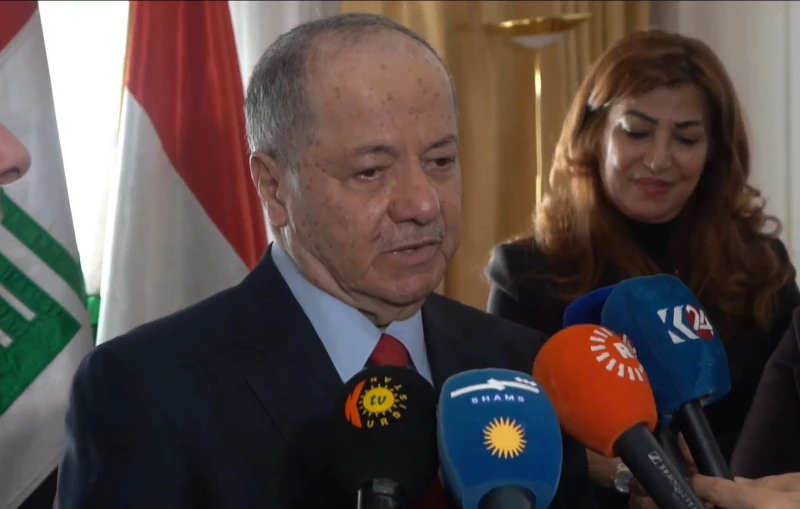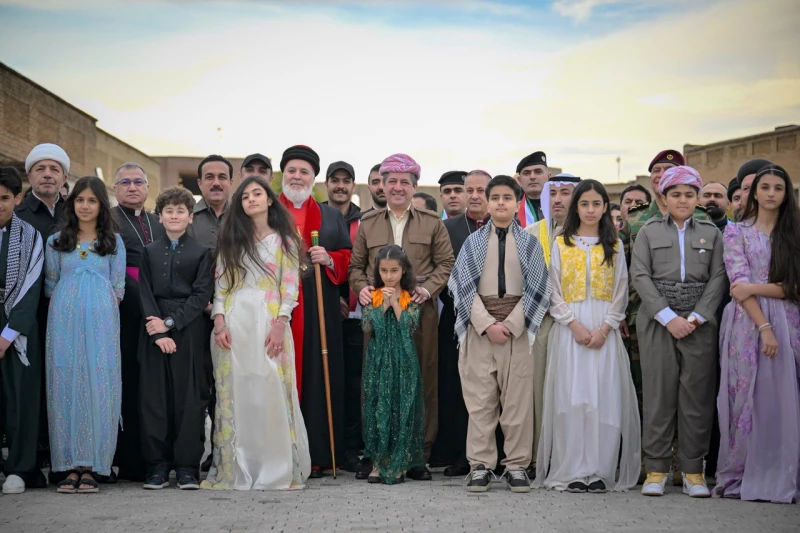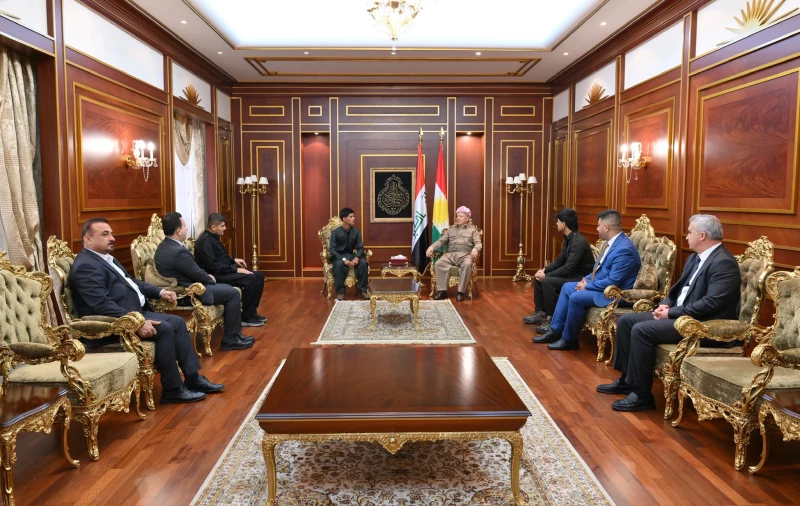ERBIL, Kurdistan Region of Iraq - In 1997, at the height of the international sanctions imposed on Iraq, a 21-year-old Saifullah Hussein set off on a journey toward Iran's Qeshm island, in hopes of securing a better life for himself and his loved ones. Yet, what at first seemed like an expedition toward a more comfortable living ended up being a traumatizing one for Hussein and his family as they would completely disconnect for nearly three decades, before being finally reunited on Thursday.
While In Iran, Hussein and his friends were sold the promise of a better life in the United Arab Emirates (UAE), they had read in newspapers that the UAE grants permanent work residency to Kurds in light of Iraqi Dictator Saddam Hussein’s oppression against them.
After a few years in Iran, a hopeful Hussein would set out to go to the Emirates to receive his permanent residency and provide the financial support he wanted for his family.
But to his surprise, this was not the case. Soon after landing, they were all arrested.
“Once we got there [the UAE] they captured us right away and threw us in prison” Hussein told The New Region, adding that they spent a year in jail in the UAE before they were told they will be deported to Iraq.
The UAE would later send them to Somalia, after realizing that deportation to Iraq might put the prisoners on death row as two prisoners they deported to Iraq were never heard from again.
“They said they were executed,” Hussein said, adding that once in Somalia, the prisoners, over 130 individuals in total, both Kurds and Arabs, would go their separate ways.
Hussein said that he remained in contact with his family until 2004 through the Red Crescent foundation.
His family gave him phone numbers of relatives living in London for him to reach out to, prompting Hussein to move to Kenya and from there to Uganda and ultimately migrate to the UK, where he was deported back to Uganda.
His deportation and time in Africa coincided with Kurdistan Workers’ Party (PKK) leader and founder Abdullah Ocalan’s arrest in Kenya’s Nairobi, resulting in tension and aggression between the Kurds and Africans.
Hussein said “in Africa when you said you were a Kurd no one would ask which part of Kurdistan you are from… they put us all in jail, 17 Kurds and approximately 37 to 38 Arabs.”
Hussein told The New Region that he had tried to reach out and tell his family that he was alive but imprisoned.
He had called five people in Saruchawa from 2007 to 2017 on four different occasions, and they had not relayed his message to his family.
While in Uganda, Hussein, a muslim, frequented the local mosque, where he got to know the Imam, and through him, ultimately made acquaintances with his sister.
Hussein would later ask for the imam's sister's hand in marriage and have a child with her.
During his time in prison, Hussein and the other inmates used to pay the prison guards to get access to contraband cellphones, he created an account on the social media platform TikTok and in a twist of fate, unwittingly followed his own brother, at the time, neither of the two knew who the other one is.
After his marriage, now a Uganda citizen, a court ruling would exempt Hussein and give him back his freedom.
After 20 years in prison, finally a free man, Hussein would get in touch with his brother, realizing their fraternity, they would arrange for him to move back to the Kurdistan Region to reunite with his long-lost kin.
While brimming with hope at the airport to finally see his family again, Hussein said that he was told he can not leave the country and had to remain in Uganda.
He said that he was able to pay some of the officials to let him board the plane and leave the country eventually.
On paper still trapped in Uganda, Hussein said his passport "still does not have an exit stamp.”

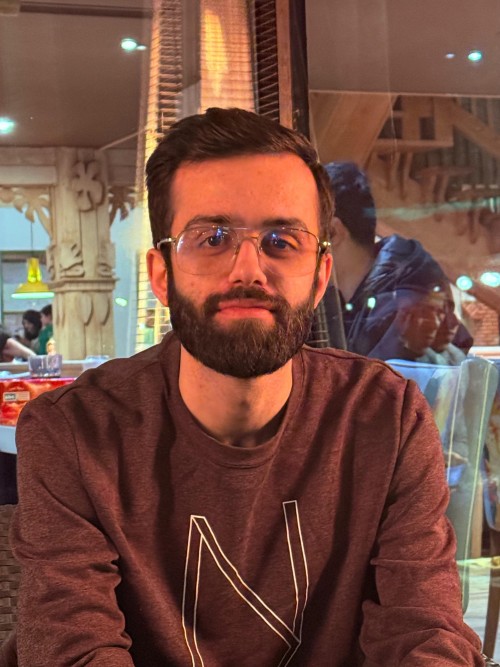
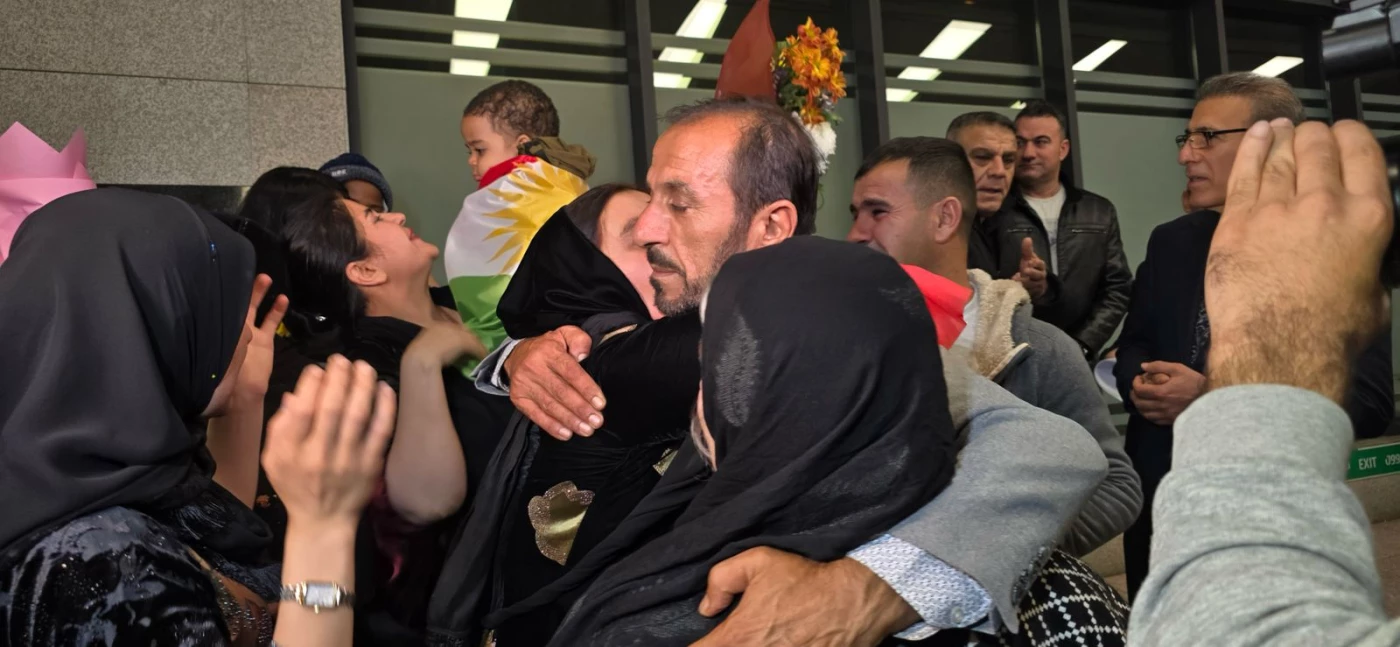
 Facebook
Facebook
 LinkedIn
LinkedIn
 Telegram
Telegram
 X
X
